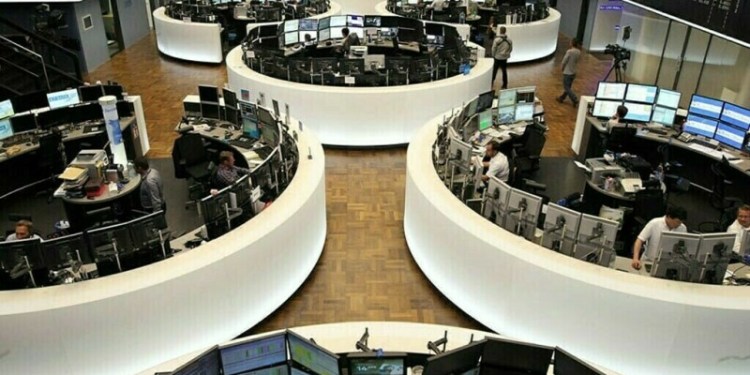LONDON: Sterling fell to a seven-day low on Thursday as the dollar rallied broadly on robust US retail sales and the euro floundered.
The pound had climbed to a five-day high in early trading after UK retail sales data beat expectations, suggesting the economy may be recovering from a slump in early 2018.
However, sterling fell victim to sharp swings in other major currencies as the dollar rose 0.8 percent versus a currency basket and the euro slumped more than 1 percent on dovish comments from the European Central Bank.
By 1430 GMT the pound was down half a percent at $1.3304.
Versus the euro, it was up 0.9 percent at 87.40 pence and on track for its biggest daily gain since September.
UK retail sales jumped for a second month in a row in May, far outstripping expectations, as a royal wedding and warm weather helped shoppers to put a sharp winter slowdown further behind them.
Analysts said the data might not point to a fully fledged recovery for the economy, however, since retailers benefited from people spending more on food and household goods in the run-up to the wedding of Prince Harry and Meghan Markle.
“[Today’s] figures hide a stark divide in the retail sector. The struggles of high street retailers continue, under pressure from low consumer spending and declining footfall,” said Lee McDarby, an executive at currency brokers Moneycorp.
Stubbornly weak finances of many households, combined with the rise of online shopping, has hammered many retailers.
Chains such as Marks & Spencer and House of Fraser have been forced to shut stores, while other retailers have gone out of business, as consumers increasingly shop online for cheaper goods.
Data in recent days has revealed a mixed picture of the British economy — factories had their worst month in five-and-a-half years in April and the pace of growth in wages slowed.
The Bank of England held off from raising interest rates at its May meeting, not yet sure that Britain’s economy is recovering from its slowdown early this year.
Expectations of a rate increase in August are at about the 40 percent mark, according to swap market pricing.
Headlines from the Brexit withdrawal bill put before parliament this week have also offered some support to Britain’s beleaguered currency, with analysts saying it points to a softer Brexit.
Lawmakers supported the government’s position to reject amendments to the EU withdrawal bill that challenged May’s commitment to leave the bloc’s customs union and single market.
Source: Brecorder


























